Summary
- Comics Twitter has become a vital advertising tool for the comic industry, with companies and creators using the platform to promote new releases and interact with fans.
- However, Comics Twitter is often plagued by toxicity and negative behavior, with trolls and professional trolls like ComicsGate spreading hate and criticism.
- One of the major issues with Comics Twitter is that many fans who claim to love comics actually don't read them, relying on influencers and synopses instead, creating a fan culture that lacks individual opinions and critical engagement.
Comics are big business nowadays. From manga to superheroes, comics are a staple of pop culture for millions, even before getting into things like Marvel movies. People love the various characters and creators of comics, and they celebrate their fandom on social media. Services like Twitter and Instagram have become an essential part of the comic industry, allowing fans and creators to associate with each other, and creating a place where new fans can learn about comics.
Twitter, or X as it's now called, has become the most important advertising tool for the comic industry. Companies like DC Comics and Image use the site to get the news about new books out. A whole ecosystem of fan accounts and podcasts has sprung up around Twitter, where indie creators peddle their wares, and fans and creators interact like never before. However, Comics Twitter is often a cesspool of toxicity and bad takes. In fact, the very nature of Comic Twitter has often been its downfall, and the fans Comic Twitter created have run into some huge problems.
The Landscape Of Comic Twitter
There are several important layers to Comic Twitter, and understanding its structure is integral to seeing where the fandom has gone wrong. At the top of the hierarchy are the official accounts of various companies. They release information on new books, from press releases to lists of books coming out for a week. They'll hype up current story arcs, link to comic news sites and reviews, and things of that nature. On the next tier are the comic news sites and magazines that talk about the industry. They basically do the same thing as the company accounts but they endeavor to cover big and small comics companies. Then, there are the creators who will do everything they can to get the work out there, while also responding to readers and fans. After the creators come the influencers, the various YouTubers, podcasters, TikTokkers, and writers who talk about stories, characters, and the industry. Finally, there are the fans, the people commenting on and reading everything, interacting and arguing.
Now, obviously, any fandom can get pretty toxic. The various trolls who make everyone's life difficult on social media, many of whom actually attack comic creators on a regular basis, are mainstays of Twitter. For example, Nightwing writer Tom Taylor gets more than his share of abuse and Jon Kent hugging Injustice Superman essentially broke the internet. Comic Twitter is also home to a professional troll class, and for comics that means ComicsGate. ComicsGate is made up of former creators angry that they don't work for the Big Two anymore for a variety of reasons but they usually blame diversity and "wokeness." They have their own crowdfunded comics and YouTube channels and mobilize their fans, often older readers who don't like the direction modern comics have taken, to criticize mainstream creators and fans. Most comic fans on Comic Twitter consider ComicsGate and their ilk poison, and they're much less powerful than the ComicsGaters themselves think they are.
While trolls are a definite problem on Comic Twitter, other fans can usually ignore them. ComicsGate has its own corner of the internet, sometimes venturing out to complain about "woke" comics, but they mostly stay in their bubble. As for fans harassing creators, most of the time everyone speaks out against them. It's one thing to not like a creator's work and criticize its shortcomings, but it's another to go after creators personally. However, fans have to seek out the most negative voices on Comics Twitter. They're a problem, but only for people who want to interact with them.
The main problem with Comics Twitter isn't the negativity, although that does come into play. There's nothing wrong with saying The Amazing Spider-Man is lackluster. The real problem is that many fans say The Amazing Spider-Man is lackluster without ever actually reading it. Comics Twitter can be a paradoxical place because it houses a large contingent of users who don't read comics. Sometimes, they're lapsed readers but a sizeable portion of Comics Twitter has never read a comic in their life.
The Real Comics/Movie Synergy
Comic companies are always looking for comic book/movie synergy. Superhero movies are a multibillion-dollar business, and one look at Twitter will show how huge this fandom is. Comic Twitter is dwarfed by Comic Book Movie Twitter, often shortened to CBM Twitter, and there's a lot of interplay between the two. However, this rarely leads to movie fans becoming comic readers and the main reason for that is the way Comics Twitter works.
The influencer class on Comic Twitter is made up of people who make their living off comics without creating them. Sometimes, they're writers for pop culture sites. Sometimes, they have podcasts or use other social media sites to put out content about comics. They usually have a superhero profile picture. Their username will also have "loves comics" or "reads comics" in them, so posters know that they're comic fans. The biggest CT accounts have parlayed their Twitter fandom into podcasts. These influencers are known for giving their opinions on comics and their creators, to the point that many of them basically synopsize story arcs. They'll post pictures, talk about stories, and how they feel about them. And tell their followers how they should feel about them.
Someone who loves Batman but has never read a comic can find a "Loves Comics" account talking about a Batman story, learn what they need to know about the story, and then never have to read the comic. Or they can watch one of the many YouTube channels that synopsize stories and have links to their videos in their Twitter posts. These fans, often movie fans, don't have to actually read comics. They don't have to dig into Golden Age DC and Marvel; they can just find the accounts of posters who talk about them. Now, there's nothing wrong with this in theory. A fan community should have ways for new fans to enter and learn information easily. However, one can argue that Comics Twitter makes it too easy because there are more "comic fans" who don't actually read comics now than ever before.
So, a social media analyst could look at how many interactions a topic like DC Comics is getting. DC's recent awards and sales success are topics of conversation on Comics Twitter. However, the amount of people actually reading and buying DC Comics on Twitter is much smaller than the overall interactions. The blame for comic/movie synergy, and the reason it fails, is Comics Twitter. A company like Disney looks at sites like Twitter and, after seeing how many people are talking about Marvel, thinks that MCU fans are open to liking comics. However, by merely being on Comics Twitter, a movie fan never needs to read a comic. They can always find an account that talks about the characters and stories they're interested in.
Everyone Is An Expert But No One Has Their Own Opinions
For new fans first venturing into the wilds of Comics Twitter, someone with "Loves Comics" in their name feels like someone to listen to. So, they listen. However, because they are often using these accounts in lieu of reading comics, they never really form their own opinions on a comic or a company. A prominent "Loves Comics" account can, for example, say something like DC Comics doesn't have enough series with female leads in comparison to Marvel, accusing DC of sexism. They don't necessarily have to give examples, just make blanket statements, and they usually manage to put their finger on a partial truth. DC usually has more ongoing series starring women at any given time, and Marvel has more miniseries and team books. So, the statement is true and false, because it lacks the context to make a judgment on sexism.
However, the parasocial relationship between the "Loves Comics" influencer and the audience makes it so the audience no longer looks into the influencer's claims. The influencer has cultivated a relationship with their audience to keep them coming back and eventually becomes the gate the audience gets their information through. If one influencer then works with several others, banding together as a podcast team for example, they can create an entire fandom that is ostensibly about comics but is really about their opinions on comics. Looking around Comics Twitter, there's a lot of this groupthink mentality and entire blocks of Comics Twitter fans often share the same opinions. And it happens by design, not accident.
For example, fans can see this whenever Batman memes make the rounds on Twitter. Batman is a complicated character, and there's an entire anti-Batman fandom out there that exists for a variety of reasons. Sometimes, it's warranted — for example, when DC publishes way too much Batman in comparison to other, more deserving characters. Sometimes it's not, like when an influencer makes a meme about Batman being a billionaire who beats up poor people with mental issues. Anyone who reads Batman comics knows that Bruce Wayne does everything within his power to help the poor in Gotham, but suddenly a million people who don't read comics are sharing these memes back and forth as if they are gospel.
These are just a few examples of the problems on Comics Twitter, but they're endemic across the platform. Influencer culture has spread into comics. Comics influencers are creating an entire generation of comic fans who don't buy comics. They can read influencers' posts, listen to their podcasts, and watch their videos instead. They never have to formulate their opinions about any work and can join any conversation using the secondhand knowledge they've picked up.
Reading Is Fundamental
When a big event like Fall Of X happens, Comics Twitter comes alive with excitement. It's a genuinely fun place to be. It's great to share the love of something, and Comics Twitter often acts like a virtual comic store, where a bunch of fans gather together to talk about comics at every level. It's allowed the fan community to grow and evolve. It's made it more inclusive, too, letting new fans learn what they need to know and find their niche within the greater comic fan community. There's toxicity, but it's impossible to find a corner of the Internet free from toxic discourse. However, some of Comics Twitter's strengths have created a fan culture that relies on unreliable authorities for their fandom.
Social media accounts that make comics simple for people are great, but the best ones don't synopsize. They share their love and make the material accessible without simply describing the material ad nauseam. Unfortunately, nearly the entire ecosystem of "Loves Comics" and "Read Comics" accounts, consists of people who synopsize everything and put their personal spin on it, which then becomes the spin for a legion of fans. This has spawned entire zombie fan communities where there's no discussion or diversity of opinions. They create parasocial relationships so that they're the only ones their fans trust. They read comics for their followers and tell them how and what to think. Comics Twitter has made it easy for fans who don't read comics to feel like they know everything that matters about comics. The influencers will never tell their fans to read a book, of course, or admit that the problem exists. Until the fandoms start out on their own and read the stories they think they know, the problem is only going to get worse.
Comics Twitter doesn't have to stay broken. But it does need to start changing.

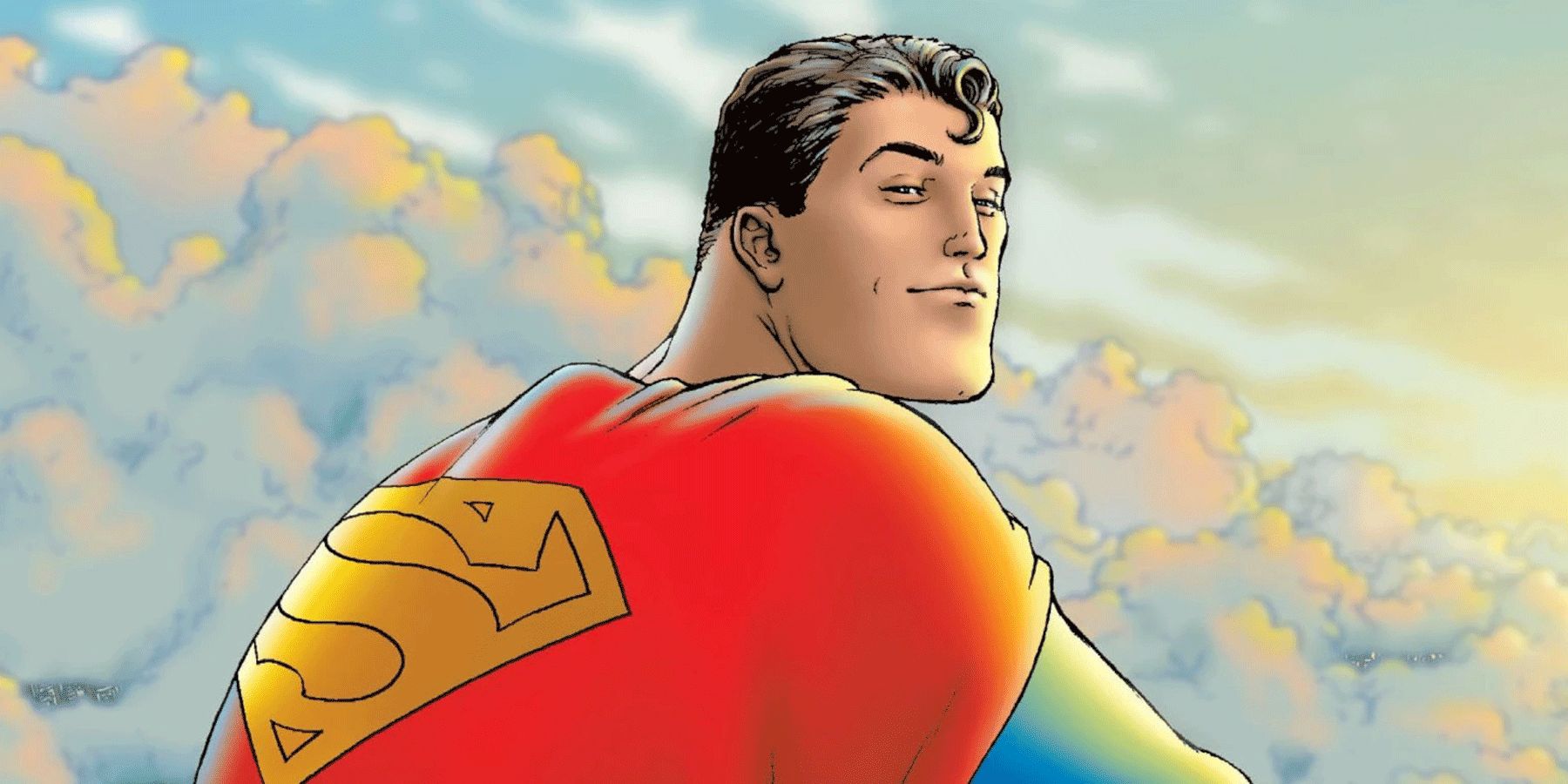
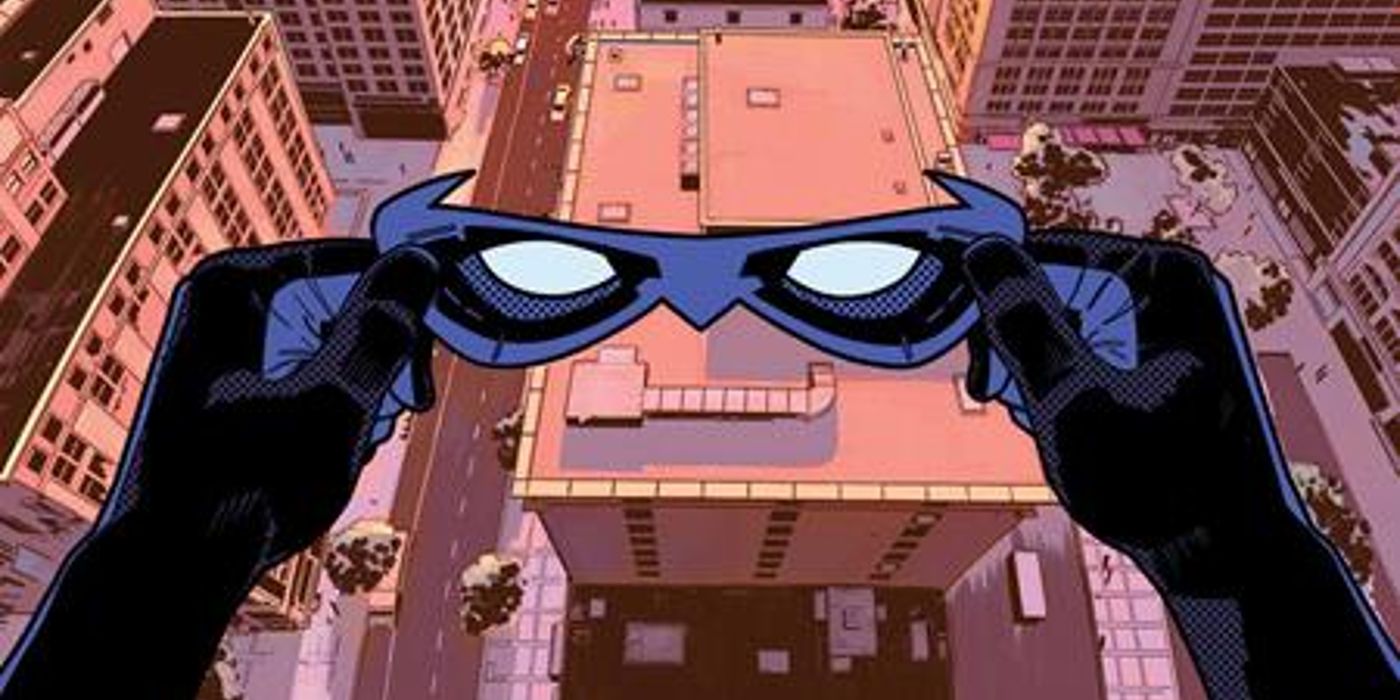
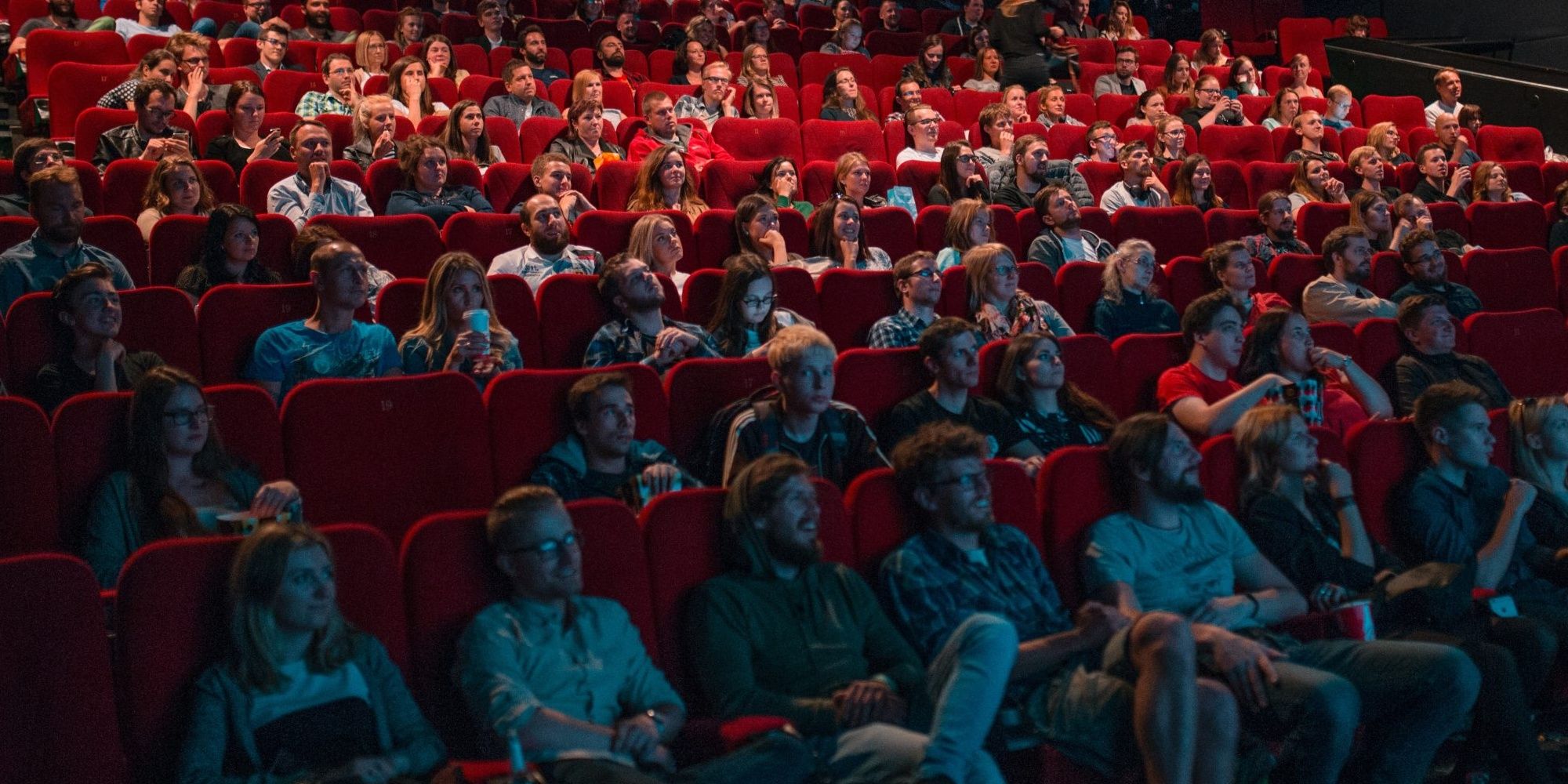
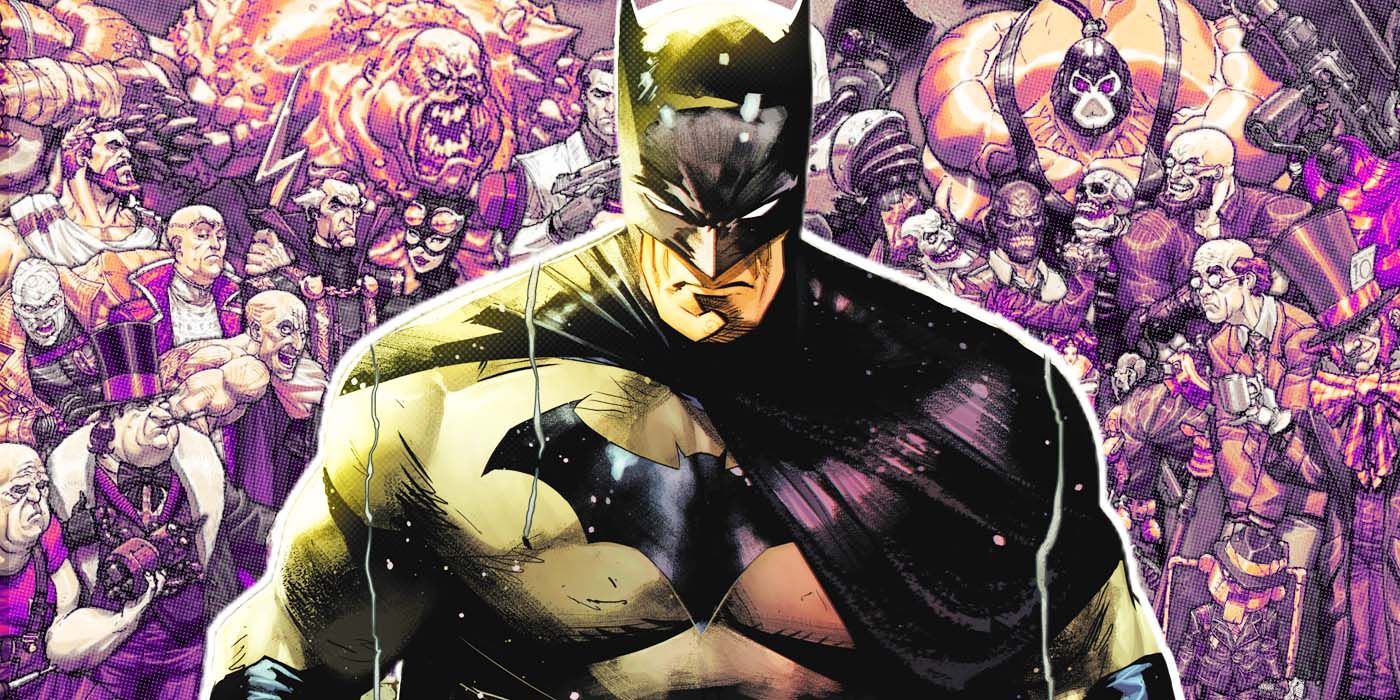
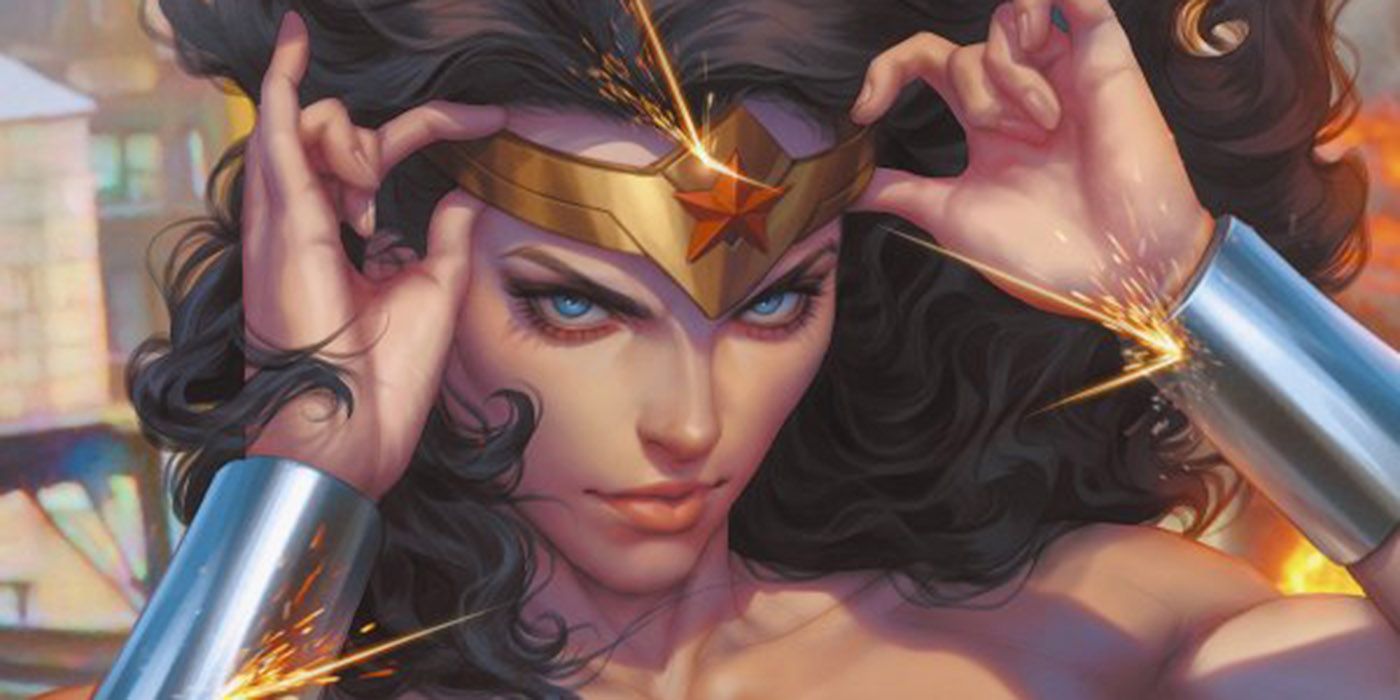
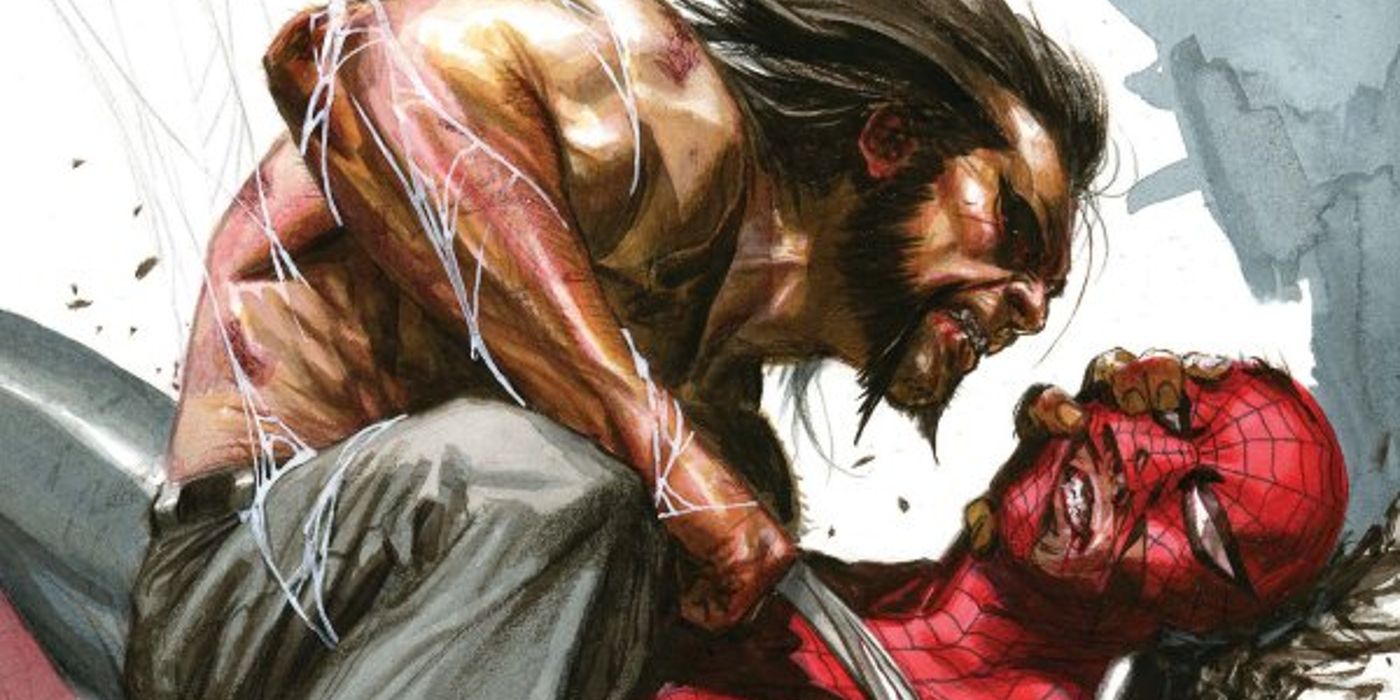
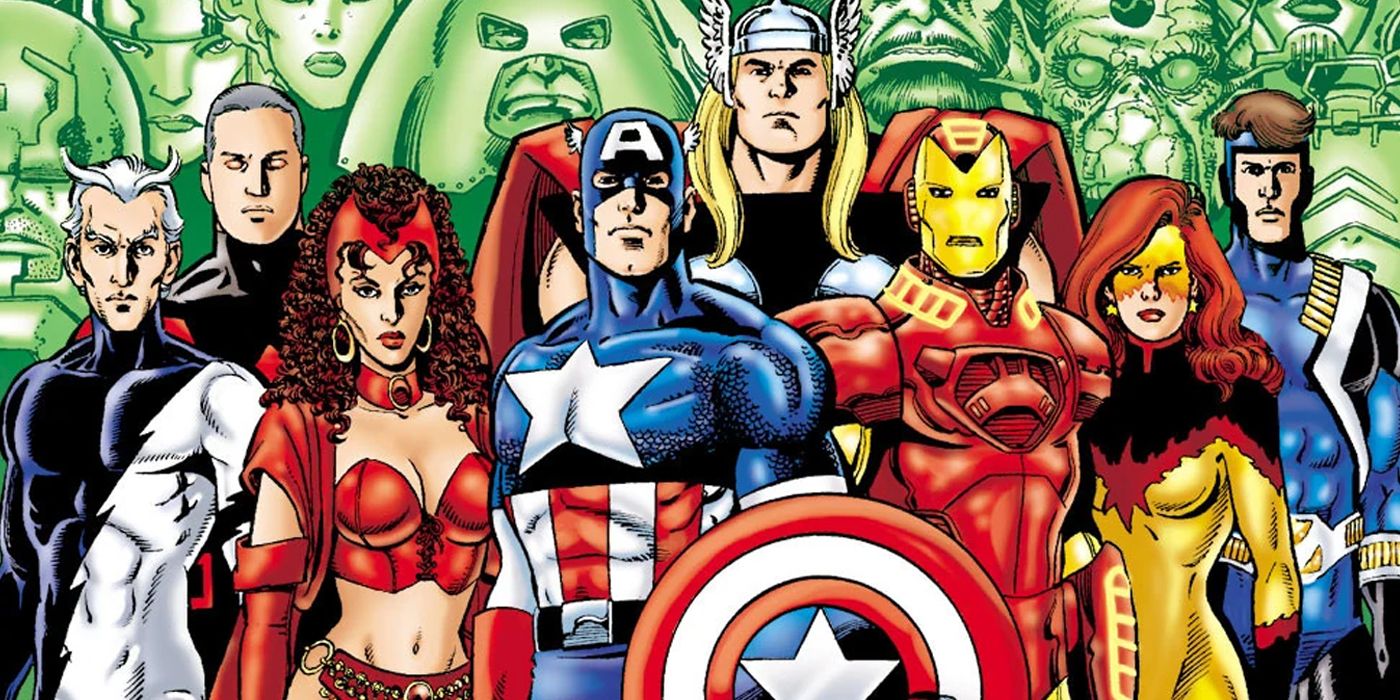

0 Comments